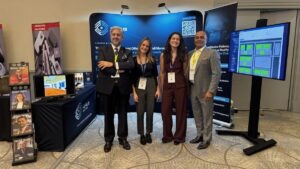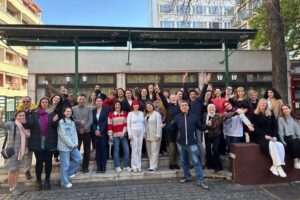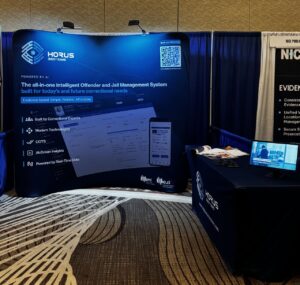At the “Empowering Practice, Enhancing Prevention – Training Strategies for Professionals Working with Harmful and Distressing Content” workshop held in Berlin on 25–26 September 2025, IPS presented how Virtual Reality (VR) technologies can enhance skills development and stress management among professionals exposed to challenging or distressing content.
The workshop, co-organised by the 2PS and CYCLOPES projects, brought together experts, practitioners, and researchers from across Europe to explore strategies for fostering resilient and psychologically safe organisations. Sessions focused on organisational support models from NGOs and law enforcement, as well as wellbeing-focused solutions designed to strengthen professional capacity and mental health.
Representing IPS, Inês de Castro delivered a presentation titled “Exploring the Potential of Virtual Reality in Skills Development,” highlighting practical VR applications in training, resilience-building, and stress management. The presentation drew on IPS’s experience in several European initiatives that employed immersive technologies to support professional practice and rehabilitation:
- VR4React focused on advancing the use of VR technology to manage aggression in prison environments. Through immersive simulations, the programme helped detainees develop self-regulation and prosocial behaviour, while training prison staff in de-escalation and intervention techniques.
- MIRAD aimed to enhance the efficiency of radicalisation disengagement and reintegration programmes, while promoting a longitudinal analysis of the joint implementation of risk assessment tools (such as the IRS) across agencies and stakeholders.
- TRAIVR provided rehabilitation through a VR-based training programme, supporting refugee probationers with drug addiction problems in their reintegration processes.
- ViRTI worked to improve educational environments and training opportunities in EU prisons through the use of innovative virtual reality technologies.
Participants reflected on how these tools could be adapted to their own organisational contexts, discussing the potential of VR to support both technical skill development and emotional wellbeing in demanding professional environments.
IPS expresses its appreciation for the opportunity to contribute to this important exchange of knowledge and to further its mission of building resilient and psychologically safe organisations.
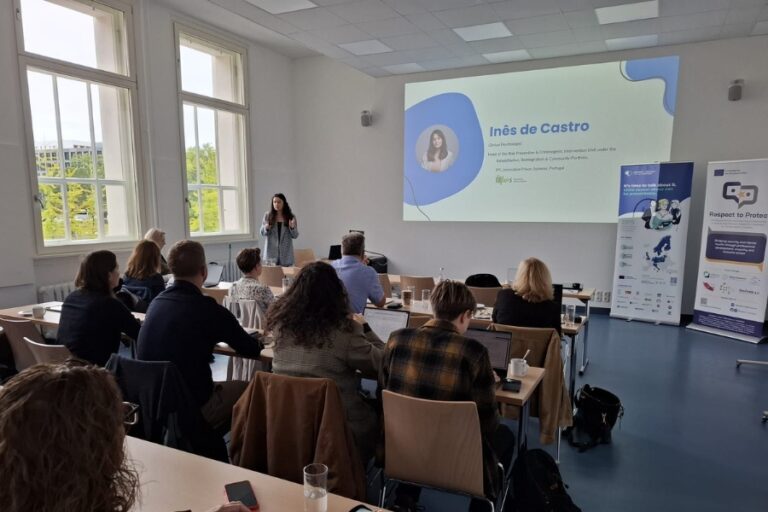
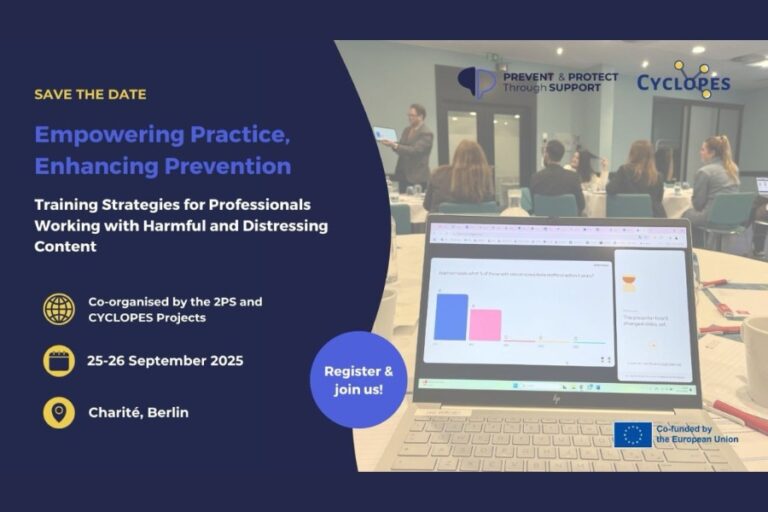

Related news
